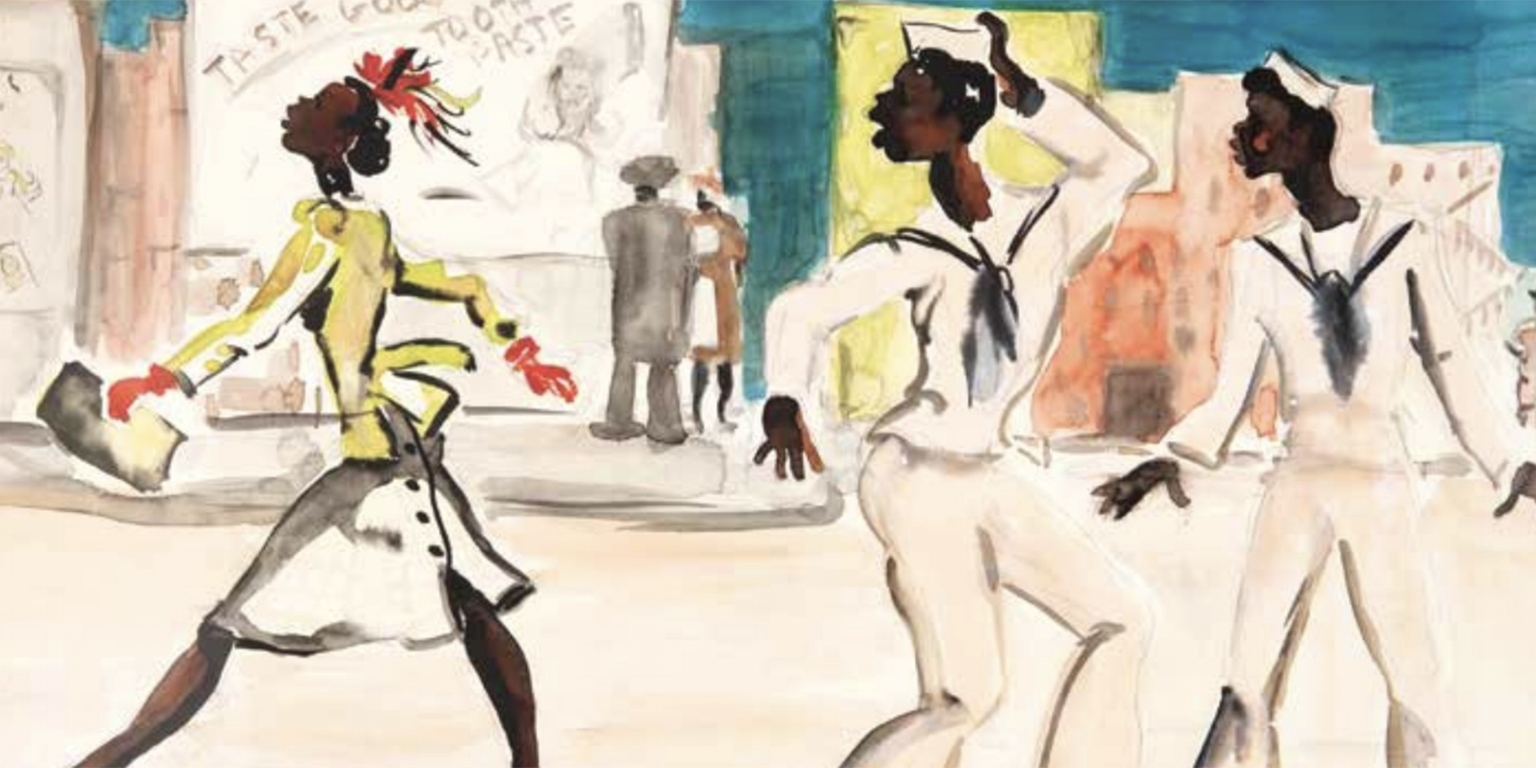The editor’s letter to our anthology of student writing from the past 100 years, A Thousand Familiar Faces: 100 Years of Teen Voices, was written by author and Scholastic Awards alum Hannah Jones. You can read the insightful letter below.
Time, the Vagabond
The days are
emerald peas
And Time—
the Vagabond—
Is shelling
them away—
Into a silver kettle
of Eternity.
The Days, Nellie Bressie, 1927
When I came across this poem from 1927, I felt it: the electric charge of connection whenever you encounter a stranger’s words that vibrate to the same frequency as your soul. The socket sparks with excitement. It’s almost too much for the system. Time—the Vagabond—has no power. She’s caught him, figured him out. It doesn’t matter how long it’s been between when the words were written and now, as they’re being re-read. The words are alive. The writer is alive. Nellie Bressie of Billings, Oklahoma, is alive, shucking her emerald peas, singing her secrets to me. She is 18 forever, and I am 18 again, and both of us are Scholastic Award winners, meeting because of the Scholastic Awards, laughing shoulder to shoulder with a bowl between us, a bowl full of something fresh and green and sweet.
Nellie Bressie, born 1909, died in April—poetry month, the cruelest month—of 2001, at 92. Her full name on her headstone: Eva Nellie Bressie Tucker. She was not, at least according to the scant clues in her obituary, a poet. Her husband, Frank Vernon Tucker, followed her in death only a couple of months later. I’m no internet detective, claiming few successful hunts, mostly chasing my own tail long after the digital trail has gone cold, but I couldn’t learn much about this girl who both no longer exists and is 18 forever on page forty-eight of Saplings: Second Series, 1927. It’s my pleasure to introduce her to you through no more and no less than her wonderful little poem “The Days.” One thing I know for certain is that she must have shucked her fair share of peas, but I don’t know how many more poems other than this one she wrote, or what other vegetables her garden grew. In a way this matters to me very much, while also not at all. It has been the honor of a lifetime for me to go spelunking, diving through these countless caves of wonder over the past few weeks, from Saplings to Literary Cavalcade, from Discovery to grab me a bus. . . to Mad Sad & Glad to Best Teen Writing and between and beyond. This autumn, on the cusp of the Scholastic Awards’ 100th Anniversary, in the wake of a pandemic that alienated us globally and individually in ways yet to be fully understood—ways that no doubt future generations will be grappling to process, archived throughout another century of these Awards—I have been meeting strangers, some long gone now, whose freshest hopes and dreams and fears live on, each as vibrant and quicksilver as one of those bioluminescent deep-sea fishes glimmering, prehistoric and powerful, in the endless black. I have felt like Ariel the mermaid collecting relic after precious relic left behind. This is a trove of treasures. All of their voices are singing to me, to you, to us.
Each is a glimpse. Each is a raw pearl, many perhaps not finished forming, but all of them showing that sandy, gritty crux of a glittering jewel to be. It was daunting to begin this work because each of these pearls deserves to shine, to be held in a hot young hand, to glint with promise in the light. I had to remind myself this is not a compendium but a selection, a teaser taste of the feast that is this unparalleled archive of young American writers. A sampling of saplings. What I learned—what I hope we all learn— turning the pages is that the Bernard Malamuds and Samuel R. Delanys and Joyce Maynards are vital to our stories, but equally so are the Nellie Bressies, the Bernard S. Chizewers, the Harold Feigenbaums of our collective past. All of us begin with the same crux of grit, at its rawest in this raw teen age. We are emerald peas in the vagabond’s bowl, shucked to the skin, fresh and green and sweet.
Hannah Jones, Editor
Scholastic Awards Alum, 2004
Art by Mozelle Thompson, Alumnus, 1944

